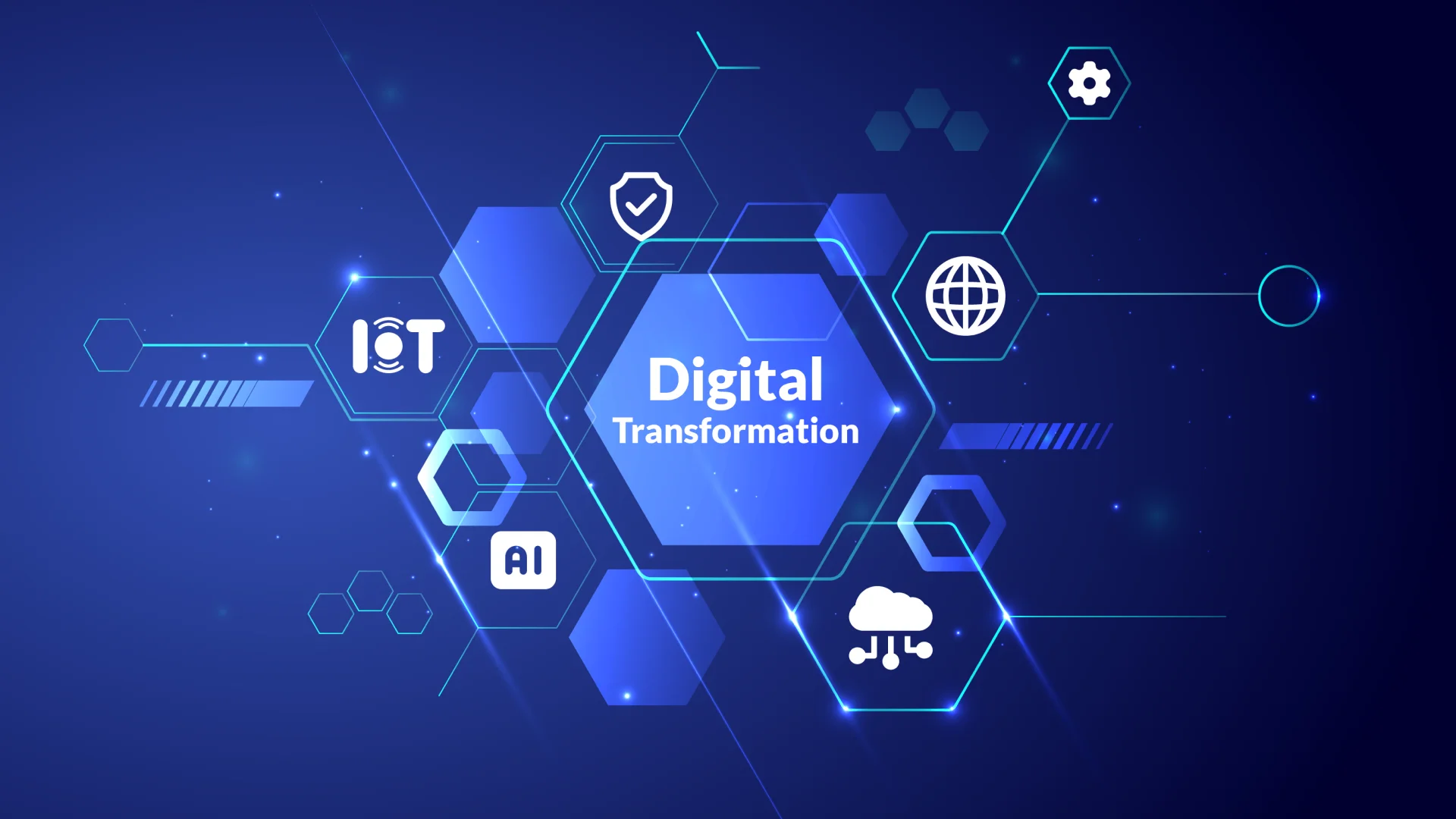On Monday, February 3, Guinean Prime Minister Amadou Oury Bah formally delivered 1,000 laptops to students at public universities throughout the nation.
Supported by MouNa Group Technologies in collaboration with the Ministry of Higher Education, Scientific Research, and Innovation, this project seeks to advance the technical advancement of Guinea’s educational system while enhancing students’ access to digital resources.
Read also: Congo Digital 2025: Government to drive economic, digital growth
“The transformation that has begun today must be accompanied by a change in mentality. Our students must use these tools to acquire knowledge, not just for entertainment. The future of our country depends on its ability to train talents adapted to global technological developments. This is why we are going to accelerate the development of the Higher Institute of Technology of Mamou, with the ambition of locally producing computers and ensuring our digital autonomy,” declared the Prime Minister.
2,200 primary schools to benefit from digital tools
According to Amadou Oury Bah, 2,200 primary schools in the nation will soon incorporate digital tools into their teaching methods.
From primary school onwards, students will use tablets to access lessons that will enable them to keep up with international educational standards.
This initiative is part of the Simandou Academy program, which is a component of the Simandou 2040 project launched by the President of the Republic, Mamadi Doumbouya.
The program’s goal is to make Guinea a centre of excellence in research and innovation, responding to the challenges of sustainable development and technological sovereignty.
Read also: Guinea expands digital access to education with internet for 2,200 public schools
Guinea’s investment in digital education
Guinea’s investment in digital education is a strategic asset for the country’s sustainable development and global competitiveness, as it prepares its youth to be competitive participants in the digital economy and lays the groundwork for a more modern and inclusive educational system.
Faced with issues of access to educational resources and the modernization of education, certain countries are investing in digital technology.
The integration of technologies seeks to improve learning, strengthen skills and stimulate creativity, which is necessary for economic competitiveness.

